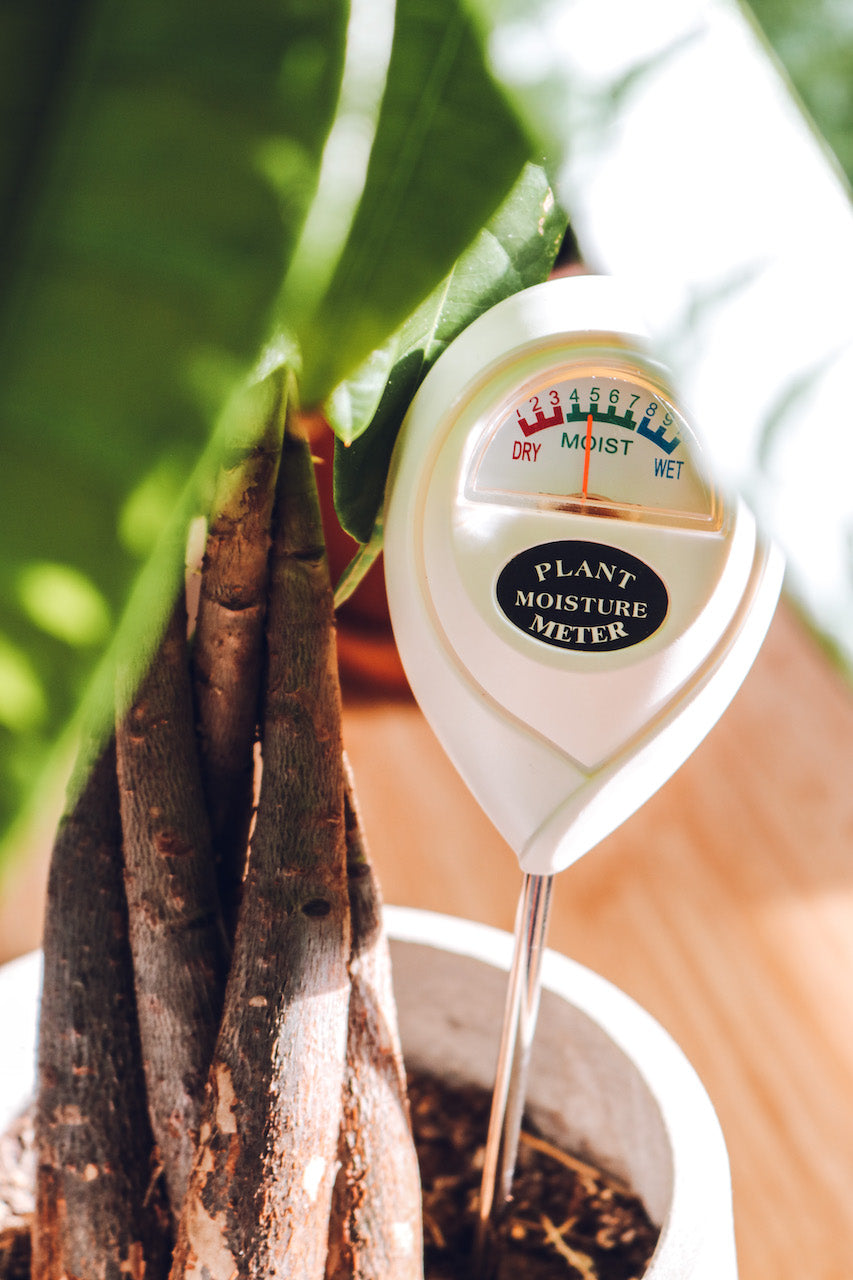The Ultimate Overview to Moisture Meters: A Comprehensive Introduction and Exactly How They Can Save You Money
In the realm of building upkeep, building and construction, and numerous industries, the significance of accurately measuring dampness degrees can not be overstated. Wetness meters function as essential devices in detecting and keeping track of moisture content in products, helping in avoiding costly problems and making certain the high quality of products. Recognizing the nuances of various kinds of wetness meters, their applications, and the potential cost-saving advantages they provide can be a game-changer for businesses and professionals alike. Discovering exactly how these devices can not only simplify procedures yet additionally add to economic cost savings is a journey worth starting.
Sorts Of Moisture Meters
Different sorts of wetness meters are readily available for various applications in different sectors. One usual type is the pin-type dampness meter, which gauges the electrical resistance between 2 pins inserted right into a material. This kind appropriates for wood, drywall, and various other structure materials. Pinless dampness meters, on the other hand, use electro-magnetic sensing unit plates to scan a bigger area without triggering damages to the product's surface. These meters are perfect for promptly assessing wetness degrees in large areas such as wall surfaces and floors.
Additionally, there are likewise specialized dampness meters designed for particular materials like dirt, grain, or hay. These meters give exact moisture readings tailored to the unique buildings of the product being examined. Infrared moisture meters gauge the thermal properties of a material to establish its moisture web content non-invasively, making them valuable for applications where pin or pinless meters might not be ideal. Recognizing the various kinds of dampness meters offered can assist markets select the most appropriate device for their certain dampness dimension requirements.

Benefits of Making Use Of Moisture Meters

Moreover, using dampness meters can result in increased energy performance. By determining areas with high wetness degrees, such as leaks or bad insulation, adjustments can be made to boost energy preservation and reduce energy prices. In agricultural setups, moisture meters play a crucial function in optimizing crop yields by enabling farmers to keep an eye on dirt moisture degrees and make educated watering choices. In general, the advantages of making use of moisture meters cover throughout various markets, giving economical remedies and promoting much better quality assurance methods.
Just How to Pick the Right Moisture Meter
Selecting the suitable wetness meter involves considering key factors such as material compatibility, measurement range, and calibration precision. When picking a dampness meter, it's important to ensure that the meter appropriates for the specific product you will certainly be testing. Different materials have varying electric residential properties that can impact moisture analyses, so selecting a meter made for your product is important for precise outcomes. In addition, take into consideration the dimension variety of the moisture meter. Make certain that the meter can identify moisture degrees within the variety required for your applications. Calibration browse around this web-site precision is one more critical element to remember (Moisture Meter). Choose a moisture meter with reputable calibration to ensure regular and precise readings. Some meters may require routine calibration modifications, so understanding the calibration procedure is important. By meticulously examining these aspects, you can select a dampness meter that meets your demands and offers precise wetness dimensions for your projects.
Appropriate Strategies for Moisture Meter Usage
To guarantee accurate dampness readings and take full advantage of the performance of a wetness meter, employing correct methods is important. When making use of a pin-type dampness meter, put the pins or probes into the product being evaluated until they make full contact. By following these correct methods, users can depend on their dampness meter to supply credible moisture levels, assisting in avoiding pricey damage or guaranteeing top quality in different applications.

Price Savings With Moisture Meter Applications
Just how can the calculated utilization of wetness meters lead to significant price savings throughout various sectors? In the agriculture market, dampness meters help find more in identifying the optimum time for harvesting plants, preventing excess or over-drying dampness that can affect the final product's top quality.

Moreover, in the food processing industry, moisture meters are important for keeping track of product top quality and making certain conformity with security regulations. By accurately measuring dampness material in food, suppliers can stop wasting, preserve freshness, and lower waste, leading to significant price savings. Overall, the critical application of dampness meters is a useful investment that can bring about considerable price reductions and boosted effectiveness across various markets.
Conclusion
In conclusion, you could look here wetness meters are useful devices for determining and finding wetness levels in different materials. By using the ideal dampness meter and adhering to correct techniques, users can efficiently stop expensive problems created by excess moisture.
Moisture meters serve as crucial devices in detecting and keeping track of moisture web content in materials, aiding in avoiding expensive damages and ensuring the quality of items. Infrared wetness meters determine the thermal properties of a material to determine its dampness material non-invasively, making them helpful for applications where pin or pinless meters may not be ideal.Wetness meters use very useful advantages in precisely monitoring and analyzing wetness levels in varied products and settings. In agricultural setups, wetness meters play an important duty in enhancing crop yields by allowing farmers to keep track of dirt moisture degrees and make informed watering decisions.In conclusion, wetness meters are valuable devices for determining and identifying moisture degrees in various materials.